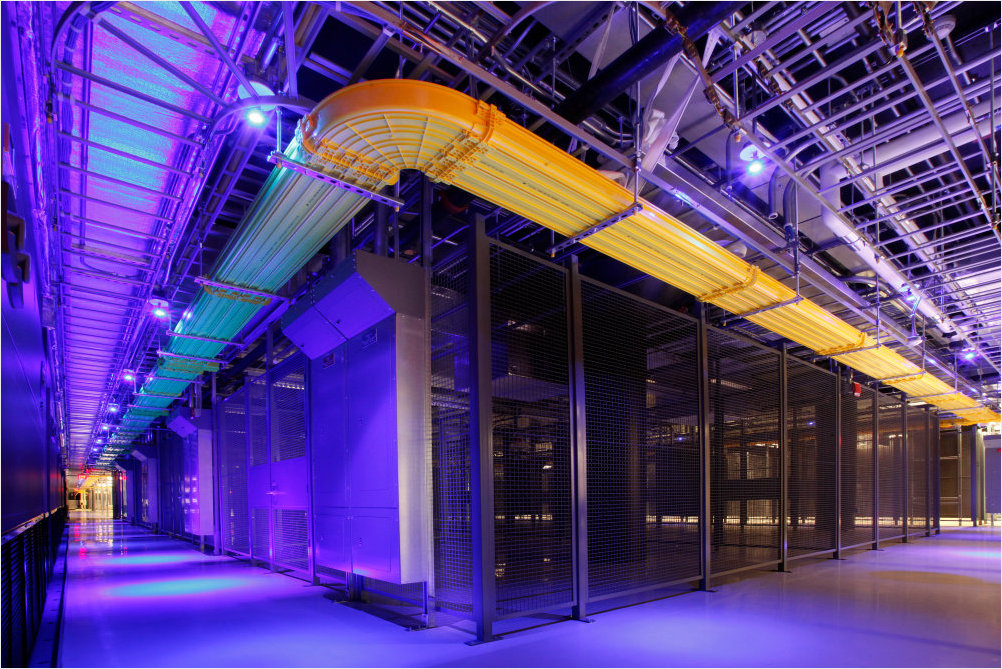Amid the extensive discussions on the transformative potential of artificial intelligence (AI) advancements in reshaping various aspects of society, one critical aspect often overlooked is the substantial electrical power required to drive these innovations. Equally crucial is the implications this energy consumption will have on meeting obligatory sustainability targets such as those outlined in the Paris Agreement.
Forbes highlighted in a recent article the pivotal role played by data centers and edge networks in facilitating the functionalities of AI applications. These systems leverage high-performance computing (HPC) clusters, comprising interconnected servers that enable parallel processing and swift training times.
The substantial power demands of these industrious machines, coupled with the heat they generate due to data- and compute-intensive AI workloads, necessitate high-density infrastructure. This infrastructure, characterized by robust cooling and power systems, is witnessing a rapid surge in demand.
Andrew Eppich, the managing director of Equinix Canada, emphasized the potential of AI to deliver sustainability benefits, such as optimizing energy consumption in resource-intensive sectors and aiding in weather modeling, climate analysis, and wildlife conservation through large-scale data analysis and image recognition.
Acknowledging the energy-intensive nature of training AI models and processing vast datasets, Equinix is dedicated to constructing and operating energy-efficient data centers powered by clean and renewable sources to cater to both internal operations and client workloads.
Jim Kalogiros, the vice president of secure power at Schneider Electric Canada, highlighted the current dichotomy wherein data centers are pivotal for driving technological progress, predominantly through AI applications in the coming decade. However, this advancement is accompanied by increased electricity consumption and emissions. Thus, the challenge lies in harnessing this progress mindfully without compromising environmental integrity.
Schneider Electric has developed analytical software enabling data center operators to optimize energy consumption and costs. Leveraging AI and predictive analytics, the software facilitates workload optimization, thereby reducing energy consumption and carbon footprint.
Looking ahead, the exponential growth in AI compute is anticipated to significantly impact power consumption, necessitating advancements in power grid infrastructure, equipment capabilities, and cooling solutions. While ongoing technological innovations aim to address these challenges, Kalogiros underscored the immediate need to tackle power and cooling issues pragmatically until more advanced AI technologies mature.
Eppich highlighted the transition challenges faced by Canadian data centers in adopting sustainable practices, given the mix of renewable and non-renewable energy sources in the country’s energy landscape. He emphasized the importance of balancing operational speed and reliability with sustainability commitments to demonstrate strategic investments in sustainable business models.
To accelerate the shift towards 100% clean and renewable energy globally by 2030, Equinix is expanding its renewable energy portfolio through power purchase agreements (PPAs) with renewable energy generators like wind and solar farms. These agreements play a pivotal role in procuring renewable energy and bolstering local renewable energy markets.
Kalogiros emphasized that while regulatory frameworks like the Paris Agreement provide essential guidelines, intrinsic motivations within the data center community to enhance efficiencies and reduce emissions are equally significant. Implementing solutions that drive operational efficiencies not only benefits the environment but also yields positive impacts on the bottom line, underscoring the dual benefits of sustainable practices in data center operations.






